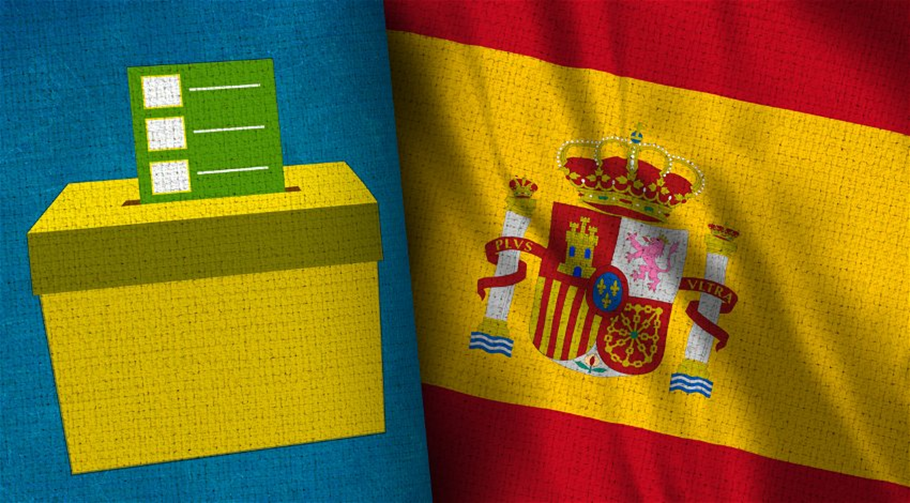On 28 May 2023, there will be local elections across Spain, and British and EU citizens officially resident will be able to vote and to stand.
Register to Vote
To appear on the electoral lists – an essential requirement to be able to vote – it is necessary to expressly request registration in the electoral census for the municipal elections of 2023. Those who registered for the municipal elections in 2019 and want to participate again in the next ones in 2023, must register again.
You must make a formal declaration by 15 January 2023 (UK nationals) or by 30th January (EU nationals).
Registration requirements
• You must be over 18 years of and not be the subject of any official restrictions on your right to vote
• You must be registered on the Padrón – local register of residents in your borough
• You must have authorised resident status in Spain
• You must have lived, legally, in Spain for the time as stated in the voting agreement with your country (3 years at the time of census registration for UK nationals). You may be asked to confirm your length of residency with a residency certificate from the police.
Requesting registration
To ease the process of registration, from the end of November, the Oficina del Censo Electoral (OCE) will write to foreign residents who meet the registration/voting conditions. This letter will include a code (CTT) with which the recipient can register to vote online.
If you receive a letter, follow the instructions to complete your registration either by post or online, as follows:
a) Online:
To request registration in the electoral census online you can go to the following page, https://sede.ine.gob.es, confirm your identity using the cl@ve system and click on the registration option. If you don’t have the cl@ve system you can register using your NIE number and the CTT code provided in your letter.
Once on the webpage, follow these steps to complete the form:
- Choose the Tab “Formalities” & then select “Electoral Census Procedures” followed by “Registration in the Electoral Census of Foreigners Resident in Spain of national citizens of countries with Agreements
- From the right-hand-side menu, select “Submission of the Application”. You then have a choice of selecting either “Access with Cl@ve” or “Access with NIE”
- Complete the form with any missing/required details and then submit. You can then print off a receipt on completion of the process
b) Post:
You may send a reply directly to the OCE using the pre-paid envelope
c) At your Town Hall:
If you believe you are entitled to vote in the municipal elections due to the reciprocal arrangements in place you can go in person to the Town Hall and ask to be registered on the census, bring your identity card (TIE) and/or passport. You will have to be able to prove the length of time you have lived in Spain with a residency certificate from the Oficina de Extranjería or the national police offices.
If you do not receive a letter but believe you meet the requirements to vote, contact your town hall.
IMPORTANT: You must re-register on the electoral roll before each local election.
UK Nationals
The UK, like a number of other countries, has a reciprocal agreement with Spain re voting in municipal elections. Those not already registered on the electoral census may still do so in time to vote in May.
Nationals from EU member states
EU nationals resident in Spain who meet all the standard requirements, as are required of Spanish voters, have the right to vote in local elections once they have officially registered their desire to exercise that vote.
Additional reading
We hope you will find this information helpful and that those that wish to vote in Spanish municipal elections now have the necessary information to do so.
For further information, you may find these links useful:
Spanish government guide on voting in local elections for UK nationals here
Spanish government guide for EU citizens here
Official Spanish government Bulletin here
British Embassy information on voting and standing in local elections here
Further information on this topic from Euroweekly news here








